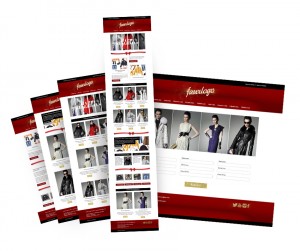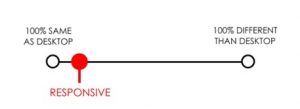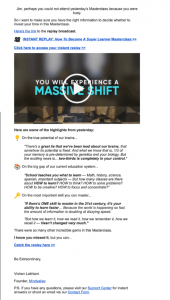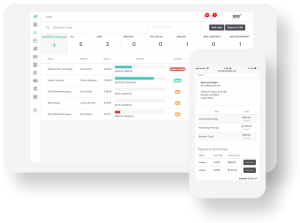True Blue: Consumers Remained Loyal To Brands Despite Events Of 2020
Your email system is in place. You are able to send out loyalty updates almost by the minute. It’s time to build new relationships with shoppers. Right?
If only that’s all it took.
Actually, consumers want discounts above all else. But they also desire a high degree of personalization in a loyalty program, according to the 2021 Loyalty Barometer report, a study by Merkle.
Specifically, they want brands to:
- Send personalized offers based on my past purchases — 64%
- Provide a seamless experience both in store and online — 63%
- Personalize the way I can earn based on my past preferences — 60%
- Receive product recommendations based on my past preferences — 39%
- Receive personalized content based on my past purchases — 38%
- Brand helps me to identify a relevant product/service based on information I provide — 36%
Of course, that’s not all they want.
The good news for brands is that 81% of consumers do want relationships with them. And 57% of shoppers have stayed loyal to brands they like despite the events of 2020.
But marketers have to be on their game.
Of the consumers polled, 58% say the best way a brand can interact with the is through surprise offers and gifts. And, overall, 70% prefer discounts and offers.
For example, 44% want discounts, up from 39% in 2000.
However, only 25% want to earn free products, down from 30% last year.
And 11% desire members-only benefits, flat with last year.
What kind of relationships do they expect? Here are their demands:
- I want to feel like the brand appreciates my business — 45%
- I do not want a relationship with a brand — 19%
- I want to feel like the brand “knows me” — 14%
- I want to feel connected with the brand on a common cause or set of values — 14%
- I want to feel more important than other customers — 8%
How have the events of last year altered shopping?
Consumers say:
- I have not stopped purchasing from a brand — 49%
- I reduced my spending due to changes in my financial situation — 24%
- Quarantine restrictions made it difficult to access the brand’s products or services — 18%
- I did not agree with the brand’s stance on societal events — 16%
- The brand was sold out — 16%
- I no longer had a need for the brand’s products and services — 13%
But here’s a cautionary note: consumers are less willing to use their personal information to provide more relevant rewards experiences.
For instance, 54% are comfortable with use of purchase history — down from 59% in the 2020 report. But that’s up from the 52% reported in Merkle’s 2020 COVID-19 update.
Only 42% are comfortable with using their gender — down from 49% in the COVID-19 report and 53% in the 2020 report.
And 15% are now willing to have income utilized, while 22% are willing to utilize the home address, 22% to use their current location and 27% to use their browsing history. All of those percentages are down from 2020.
The study reports that consumers “most often view loyalty as an actual program (an incentive-based construct to reward them for their money, time, and attention), rather than an overall loyalty experience.”
What does that mean to brands? That asking people to offer opinions on the overarching loyalty experience “can be too abstract for most consumers.”
(31)
Report Post




